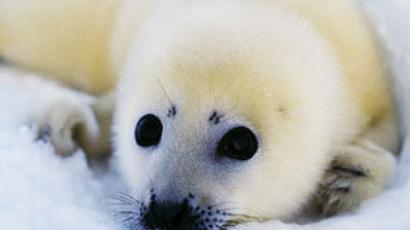Russian scientists trying to save polar bear from extinction
Russian experts are stepping up efforts to keep Arctic polar bears alive and preserve their natural habitat. The animals are in serious danger of extinction, and the time to save them is running out.
Nowadays a bear chase is part of a large-scale operation to protect a particular animal as well as the entire population. When the animal is finally found, ecologists tranquilize it; from then on it’s a race against time to get a collar with a satellite tracking sensor on the mammal. Once it’s on, the scientists will be able to get all the information about the animal’s whereabouts and a whole lot more – including where and how the bear moves, where it sleeps, how much time it spends in the water and where it calls home.
“The ice is melting and because of that the animals change their habitats, change their habits as well – but exactly how, we have no idea,” said Vyacheslav Rozhnov, a biological scientist and deputy director of the Russian Academy of Sciences’ A.N. Severtsov Institute of Ecology and Evolution. “This is what we want to find out.”
The more scientists know about the effect of climate change and human activity on the bears, the more they can do to help them in the future.
“We cannot do anything about the ice melting, but at least we could mitigate the potential impact from increased shipping and other human pressures,” said Nikita Ovsyannikov, a polar bear specialist and deputy scientific director. “We'll organize human activity here so that it doesn't affect the animals too much.”
American and Canadian scientists have been collaring their animals for a decade. With this expedition to the Franz Josef Land archipelago, Russia is joining the effort.
“We are planning to fit at least 18 collars, here and also on Chukotka and Vrangel Islands,” said Rozhnov. “It requires a lot of time and money – one collar, for instance, costs about $4,000! But we feel responsible for these species, since most of them live on Russian Arctic territory.”
Experts estimate that up to 25,000 polar bears live throughout the Northern Hemisphere. But two-thirds could disappear within 40 years, as global warming continues to melt the Arctic Sea ice these animals are so dependent on.
So, scientists are working against the clock to keep the kings of the Arctic on their icy throne.













